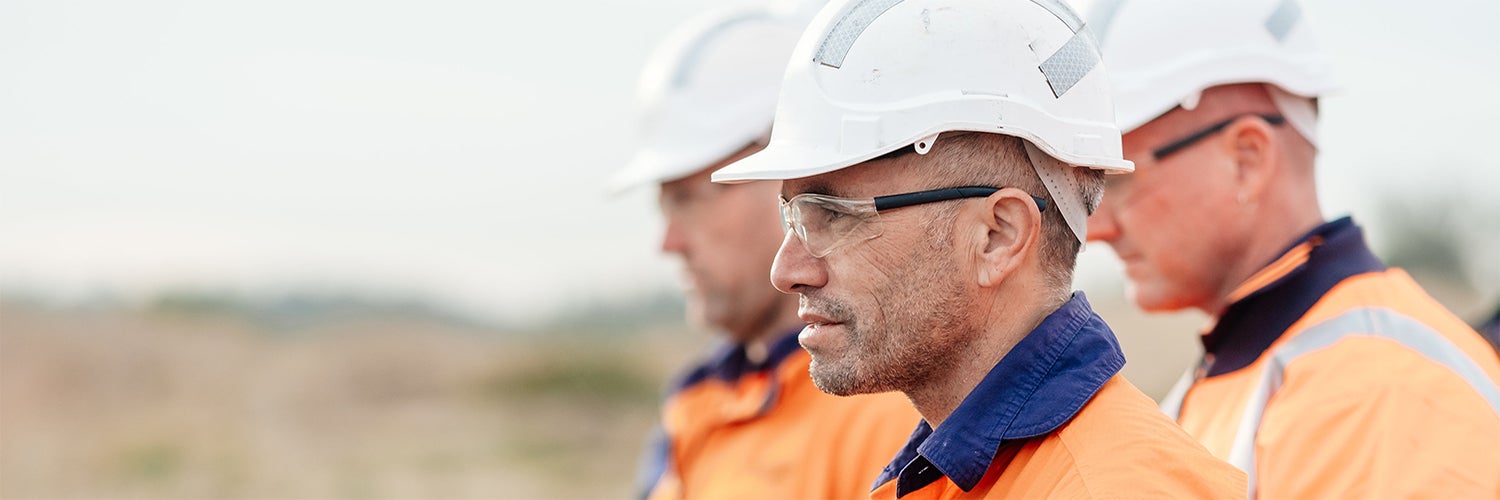Page
NSW Mining Industry Releases 2019 State Election Policies Priorities Manifesto
”
29 January 2019
NSW Mining Industry Releases 2019 State Election Policies Priorities Manifesto
Implementing policies that drive investment in the NSW mining sector, supporting the State’s coal export industry to create jobs, more funding for regional mining communities, and ruling out any deal with the Greens are some of the key commitments the NSW mining industry is seeking ahead of the State election due on March 23.
The NSW Minerals Council has released its NSW Election Policy Priorities Manifesto, outlining five key policy principles and twenty specific policy commitments that will deliver jobs, investment and growth, keep the economy strong, and support mining communities.
“Mining in NSW employs more than 40,000 people, is NSW’s largest single export industry, directly injects around $10 billion a year in salaries and business purchases and is forecast to deliver a record $2 billion in royalties in the next financial year.”
“The polls are showing the NSW election will be extremely close and voters in mining-dependent electorates like Upper Hunter, Orange, Barwon and Dubbo could decide the election outcome,” NSW Minerals Council CEO Stephen Galilee said.
“We want to make sure that 40,000 miners and their families living in NSW are fully aware of the policies of those seeking to represent them before they vote.”
“We are seeking responses from political parties that will be circulated widely to thousands of people working in our sector, as well as to mining supplier businesses, and broadly across regional mining communities, including in key mining electorates.”
The Manifesto highlights that in recent years, there has been no clear strategy to attract investment and drive growth in the NSW minerals sector. The industry is calling on an incoming government to develop clearly articulated policies that take advantage of increasing global demand for a wide range of NSW minerals resources.
The NSW Minerals Council is also seeking commitments to support NSW coal mining – the State’s largest export industry – by ensuring coal projects are assessed on their merits based on science, facts and evidence, to enable NSW to meet future export demand.
“There’s strong demand for NSW coal across traditional and emerging global markets. The independent International Energy Agency (IEA) has consistently forecast that Southeast Asia will be the primary growth centre of global coal demand to 2040,” Mr Galilee said.
“According to the IEA, coal consumption in South East Asia will more than double by 2040, driven by an increase in demand for reliable and affordable electricity, and deployment of more advanced technology coal-fired power stations.”
“Supporting the coal industry to make the most of these opportunities will support tens of thousands of jobs and deliver billions in royalty and export revenue to NSW.”
The industry is also calling for an incoming government to recognise and respect sovereign risk issues surrounding large mining projects, and commit to for consistent funding for improved infrastructure and services in regional mining communities.
The NSW Minerals Council is also seeking a commitment from the major parties to rule out any coalition or power sharing arrangement with the Greens.
“The NSW Greens have stated their intention to shut down the coal mining industry in NSW within ten years – this would wreak havoc on the state economy and destroy regional communities across NSW,” Mr Galilee said.
“The reckless policies of the Greens would send the NSW economy into recession. NSW would lose $15 billion in export income with no replacement, over 20,000 direct jobs mostly in the regions, the future of thousands of small businesses across NSW would be at risk, and almost 80 percent of NSW electricity generation would be lost, increasing energy costs, and driving manufacturing and other industries out of NSW.”
Other specific policy priorities include:
- Delivering an energy strategy that delivers reliable and affordable electricity
- Establishing the Division of Resources and Geoscience as a stand alone agency
- Developing a clear minerals strategy for NSW
- Avoiding new regulatory costs and requiring independent scrutiny of the potential impact of new regulatory proposals
- Streamlining the planning assessment process to create more jobs and investment
- Supporting indigenous school education programs
Contact: Brad Emery

